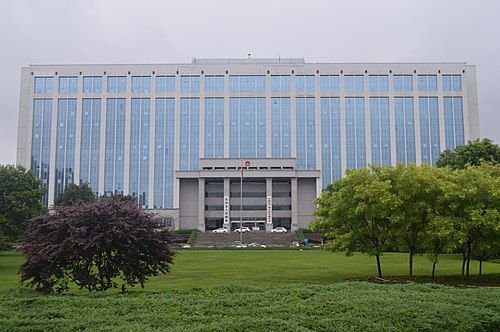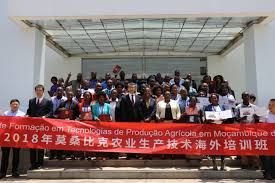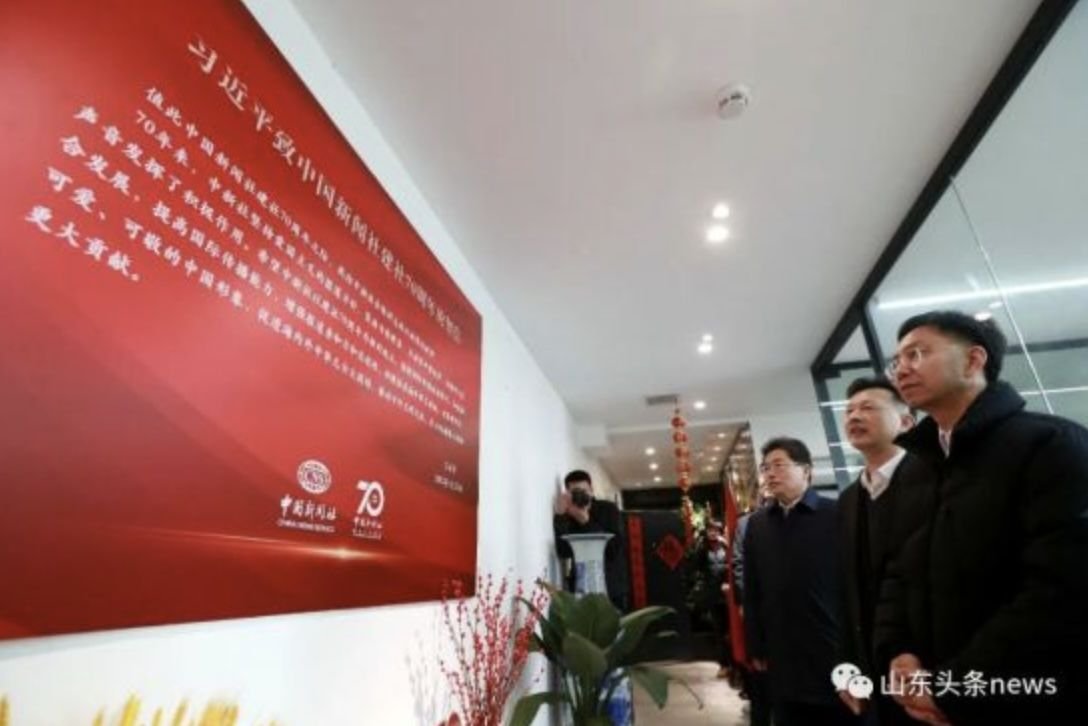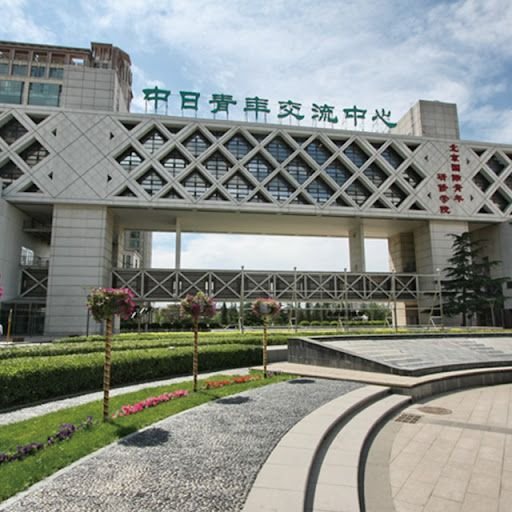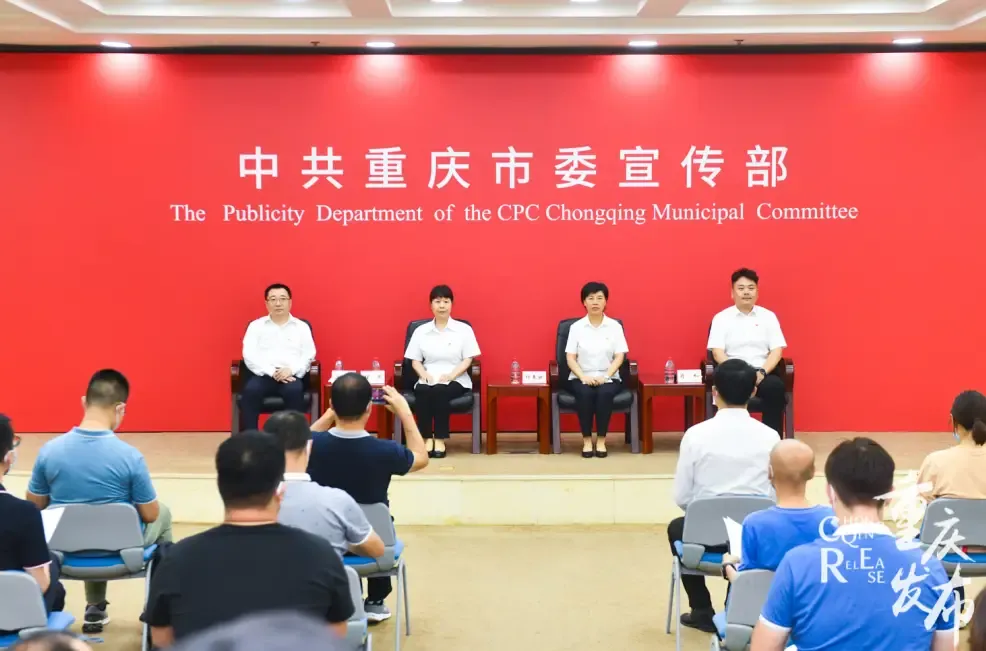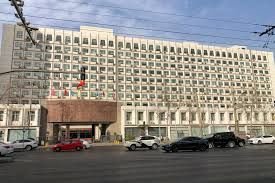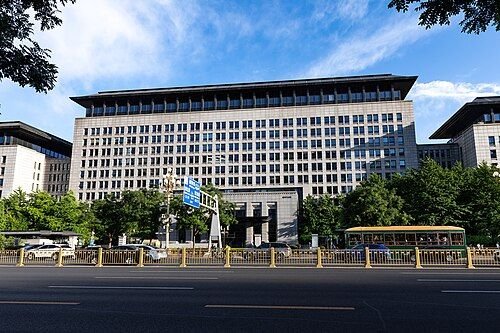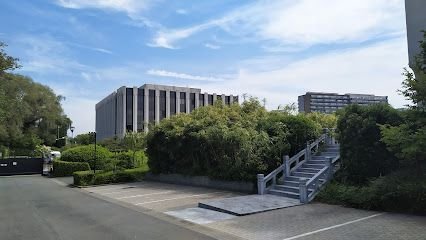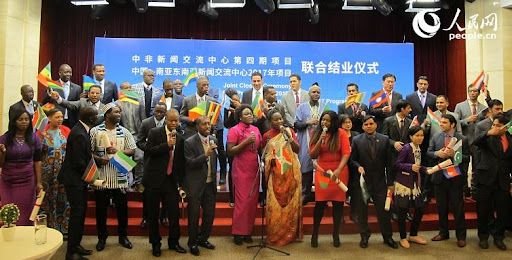Propaganda Office of the Changsha Committee of the Chinese Communist Party
The Propaganda Office of the Chinese Communist Party’s Changsha Municipal Committee (中共長沙市委宣傳部) serves as the chief office responsible for communicating the agendas of the local party leadership and overseeing state-run media in Changsha, including Changsha Media Group and its various broadcasting operations. The office functions as the central enforcer of the party’s media discipline, or “guidance of public opinion” (輿論導向), ensuring all local outlets maintain proper political orientation in line with central and municipal level directives.

